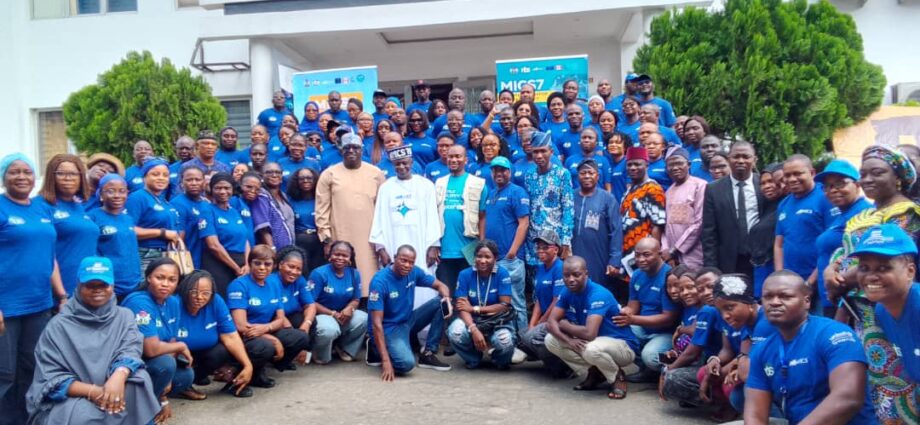Nigeria, in collaboration with the United Nations Development Programme (UNDP) and the Economic Community of West African States (ECOWAS), on Monday launched a landmark Regional Partnership for Democracy (RPD) aimed at reversing the steady democratic decline across West Africa.
The initiative was formally unveiled in Abuja by the Minister of Foreign Affairs, Yusuf Tuggar, who described the moment as “the opening of a new chapter in Africa’s democratic journey.” The launch brought together diplomats, UN officials, regional institutions and development partners committed to strengthening governance systems across the continent.
Addressing a Growing Democratic Crisis
Tuggar warned that West Africa continues to grapple with serious challenges that undermine democratic stability, including flawed elections, political violence, low civic participation, and weakened judicial and media institutions. These trends, he said, frequently lead to unconstitutional changes of government, instability and insecurity.
He further argued that part of Africa’s governance crisis stems from “the uncritical transplantation of governance models and values that do not reflect our cultural contexts or historical experiences,” resulting in democratic stagnation and institutional fragility.
The RPD, Tuggar said, offers an Africa-rooted alternative that combines local values with global best practices. He described the initiative as “more than a policy instrument — it is President Bola Tinubu’s contribution and Nigeria’s gift to the strengthening of democracy in Africa.”
How the Partnership Will Operate
Under the new arrangement:
- The RPD Secretariat will be housed in the Ministry of Foreign Affairs.
- Technical operations will be coordinated from the UN Resident Coordinator’s Office in Abuja to ensure neutrality and inclusiveness.
- The programme will focus on strengthening electoral bodies, enhancing youth participation, improving early-warning systems for coups, promoting credible elections, countering disinformation, and supporting long-term political stability.
Tuggar emphasised that although Nigeria spearheaded the initiative, the partnership is open to joint ownership by all regional actors.
He expressed concern over the spread of misinformation and the global “post-truth era,” warning that even the media sometimes contributes to an “echo chamber of ignorance.” According to him, the RPD is well-positioned to tackle the region’s disinformation crisis.
UNDP, ECOWAS Pledge Support
UNDP Resident Representative Elsie Attafuah praised the partnership as a symbol of African-led democratic renewal, describing it as “a compact of values” and a recognition that “Africa’s deepest challenges can best be solved from within.”
She outlined four pillars of the RPD:
- Strengthening institutions and public accountability
- Ensuring inclusive participation, especially for women, youth and persons with disabilities
- Promoting credible elections
- Fostering regional cooperation
Attafuah affirmed that implementation would occur across West African countries, not only from Abuja.
Representing ECOWAS, Ambassador Abdel-Fatau Musah delivered a stark warning about the state of democracy in the region, citing an upsurge in coups, political exclusion through judicial means, and AI-driven misinformation. He noted that the social contract between governments and citizens is weakening due to poor delivery of public services and insecurity.
Musah stressed that “regime security cannot be a substitute for democracy and development” and commended countries such as Nigeria, Ghana, Senegal and Cabo Verde for maintaining democratic resilience.
“Make no mistake, if democracy falters in Nigeria, it will collapse everywhere else in the West African region,” he cautioned.
He urged development partners to focus on reforming political parties, rethinking current models of liberal democracy and strengthening institutions across the region.








